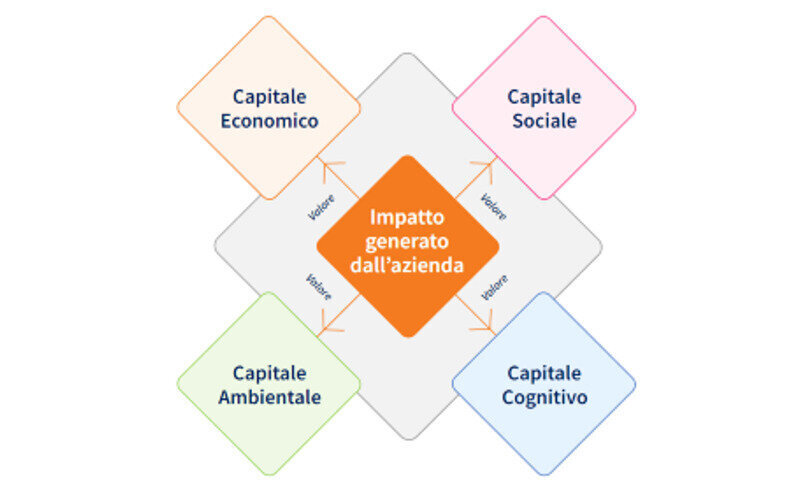TEHA Group's mantra
Without companies, there are no investments.
Without investments, there are no jobs.
Without jobs, there is no growth.
Without growth, there is no future!
Entrepreneurship is the most powerful driver of economic growth. To overcome the crisis in Italy, an immediate, profound and far-reaching cultural change is needed, recognising entrepreneurs as the driving force of the economy of the 21st century, thanks to their role as creators of jobs and prosperity.
Entrepreneurship is a mental attitude, an ability to see and plan for the future, and the desire to take responsibility for the risks needed to realize one’s vision.
The stagnation of productivity in Italy is the most relevant macrotrend of the last twenty years: we had an average growth rate of just over 5% in the 1997-2006 decade, and 0.5% in the 2007-2016 decade. We work more, we produce less and we are fewer and fewer as a population - in the midst of a real "demographic winter".
Italian companies do not grow - or find it difficult to grow - like the European ones because, on average, they are poorly managerial, do not invest in knowledge and inefficiently allocate productive resources. Moreover, there is currently no ecosystem conducive to their development, and the State misallocates the few resources available.
Enterprises and the State must therefore change their approach, passing from a short-term planning - that is centralized on cost reduction - to a long-term logic, to consider the positive and not quantifiable impacts of the investments in formation, digitalisation, new technologies and process innovations. In this way, it will be possible to ensure greater attractiveness and stimulate the economic and social growth of the country, thus improving the positioning of Italy measured by our owner index, the Global Attractiveness Index, which ranks our country in the 17th place globally.
TEHA Group's approach
We support our customers in their growth paths and in achieving their goals through:
- customized solutions and customised interventions (strategic and directional advice)
- exchange of experiences, debates, community training and networking (with Leader’s Education, our professional training platforms).
In addition, we build models and implement projects that quantify, demonstrate and communicate the impacts and value generated by our customers for their stakeholders. Our Business & Policy Impact Area develops measurement methods, simulation models and multidimensional impact estimations and new synthetic indicators and indexes, identifying and selecting topics of interest and areas of analysis together with our customers and depending on the sector of activity and the specific needs of each reality, adopting a tailor-made and co-creation approach.
One of our main working tools in the Business & Policy Impact Area is the 4 Capitals Model (Economic, Social, Cognitive and Environmental), a multidimensional and multi-level impact analysis framework (local, regional, national, international), which combines quantitative methodologies and qualitative approaches. The model makes it possible to enhance the distinctiveness of the companies under study and supports, in a synergic way, the internal and external positioning and communication activities, also through the development of tools for the presentation and display of data that are adaptable to all communication channels, from the press to social media.


